
MOTHERS AND
CHILDREN FIRST
Our mission is to stand alongside the most disadvantaged individuals, those who “don’t count”, such as mothers and children. With this program we wanted to underscore both a priority and a proven fact: when you take care of mothers and children first, you get healthy adults who are able to look out for themselves, their families and their communities. Our initial focus was on ensuring access to safe attended deliveries for expectant mothers, providing a free transportation service to enable them to reach health facilities for prenatal checkups and later to give birth in appropriate facilities with the support of qualified health workers.
The program was launched in four sub-Saharan African countries with an investment of €5,000,000 and the objective of helping 125,000 women and children. By the end of the five-year period, we had surpassed our target, attending nearly 135,000 deliveries.

MOTHERS AND
CHILDREN FIRST:
THE FIRST 1,000
DAYS
The challenge continued over the next 5 years, involving even more countries, mothers, babies and time. Focused on the first 1,000 days of life – from conception to a child’s second birthday – with a special emphasis on nutrition, the program expanded to include 10 hospitals in 7 countries. Our 5-year objective was to ensure 1,200,000 pre- and postnatal visits and 320,000 attended deliveries and to treat 10,000 severely malnourished children.
We surpassed those figures, attending 331,178 deliveries and treating nearly 11,000 severely malnourished children. But we need to do even better: it is unacceptable that even now women continue to die in childbirth, and children from malnutrition.

MOTHERS AND
CHILDREN FIRST:
PEOPLE AND SKILLS
The third phase of the program features the same commitment to ensuring care for mothers and children in the first 1,000 days of the latter’s lives while also fostering the development of human resources and skills; indeed, workers are the key drivers behind improved health services and systems. The end goal is to improve access to quality health care, especially maternal and child services, and to ensure its sustainability and continuity over time in 8 countries and 14 hospitals and surrounding areas.
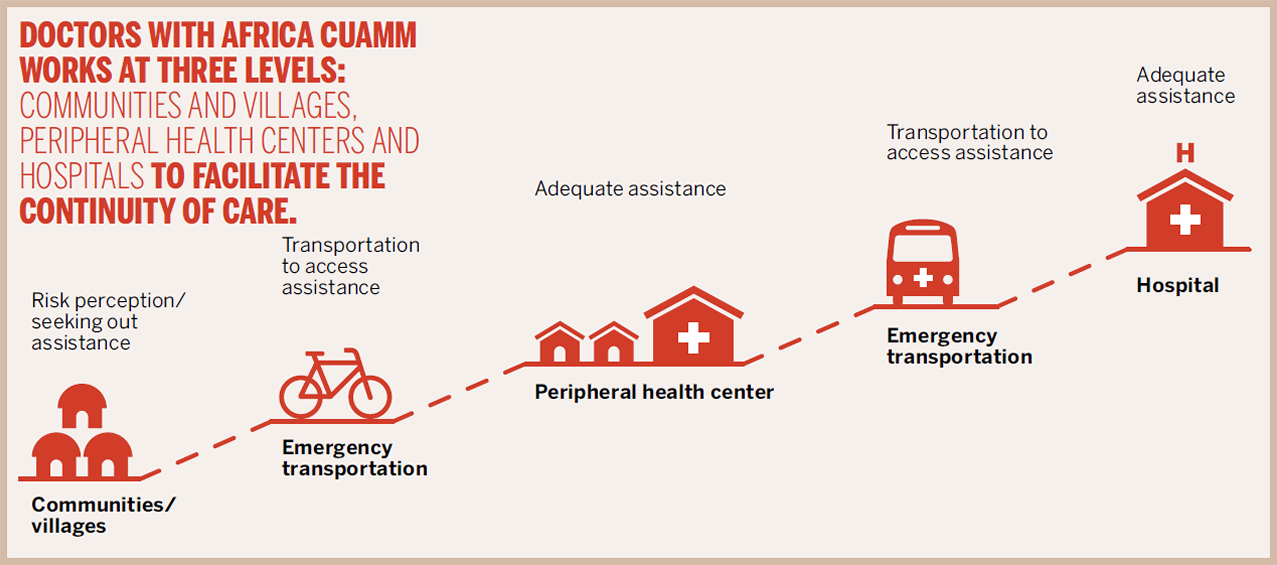
MOTHERS AND CHILDREN FIRST:
AN ONGOING CHALLENGE
A FAR-REACHING
PROGRAM,
WITH A CRESCENDO
OF GOALS,
RESULTS AND
FUTURE PROSPECTS
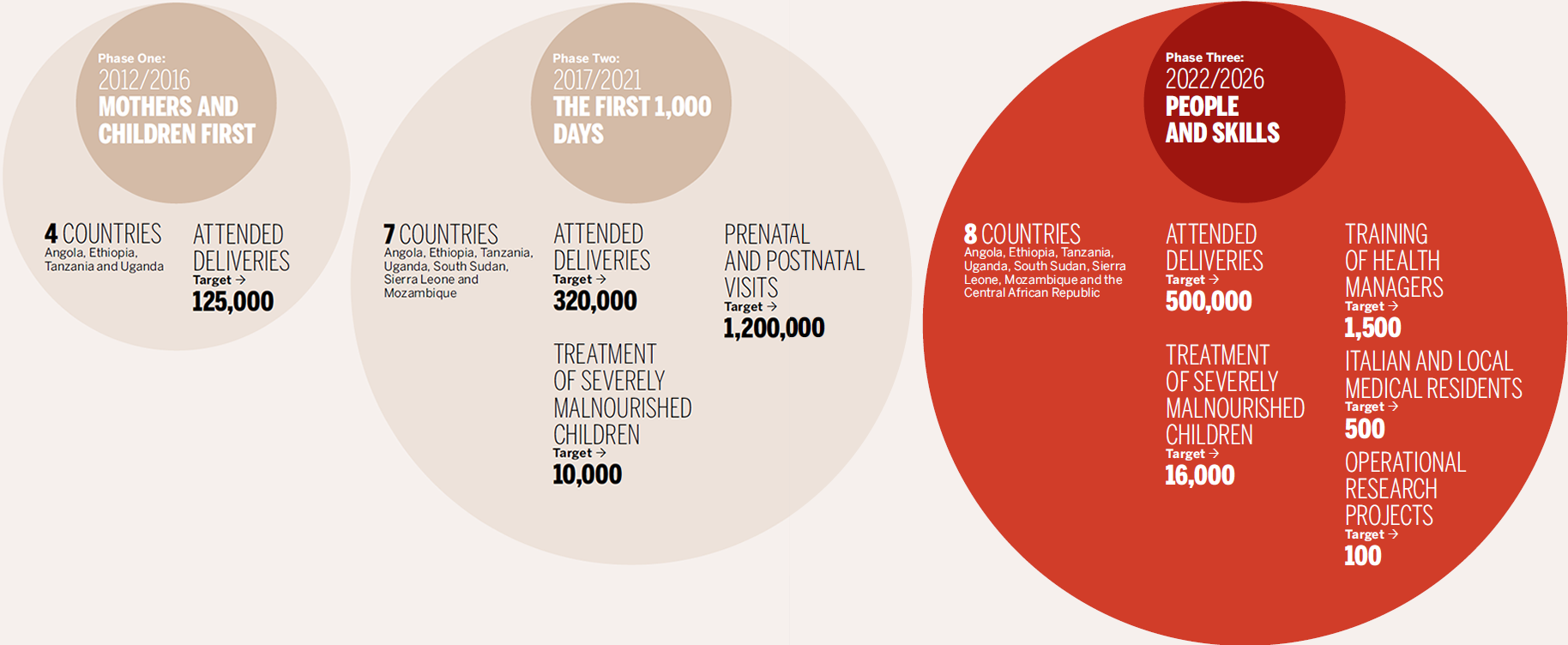
PEOPLE
AND SKILLS
In Africa today, there are an estimated 10 nurses/midwives and 0.34 doctors (which, putting official statistics aside, means not even 1 in practice) for every 1,000 inhabitants.
To continue to ensure access to quality maternal and child health services, skilled human resources – whose scarcity and inadequate distribution adversely affect such services in developing contexts – are critical.
The COVID-19 pandemic has led to the closure of schools and universities, with a further negative impact on the quantity and quality of health training opportunities.
Moreover, in recent years local health personnel have had to cope with far heavier workloads coupled with a lack of protective devices, from PPE to vaccines.
This is why the new program phase, Mothers and Children First: People and Skills, focuses on developing human capital in order to improve health systems and, consequently, also access to quality maternal and child services, as well as a determining factor in making these services sustainable over time.
TRAINING
FOR PATIENT
CARE
Providing appropriate care to mothers and their babies during childbirth and in “the first 1,000 days” – i.e., the period between conception and a child’s 2nd birthday – entails timely interventions that depend, in turn, on strengthening health systems and training local workers.
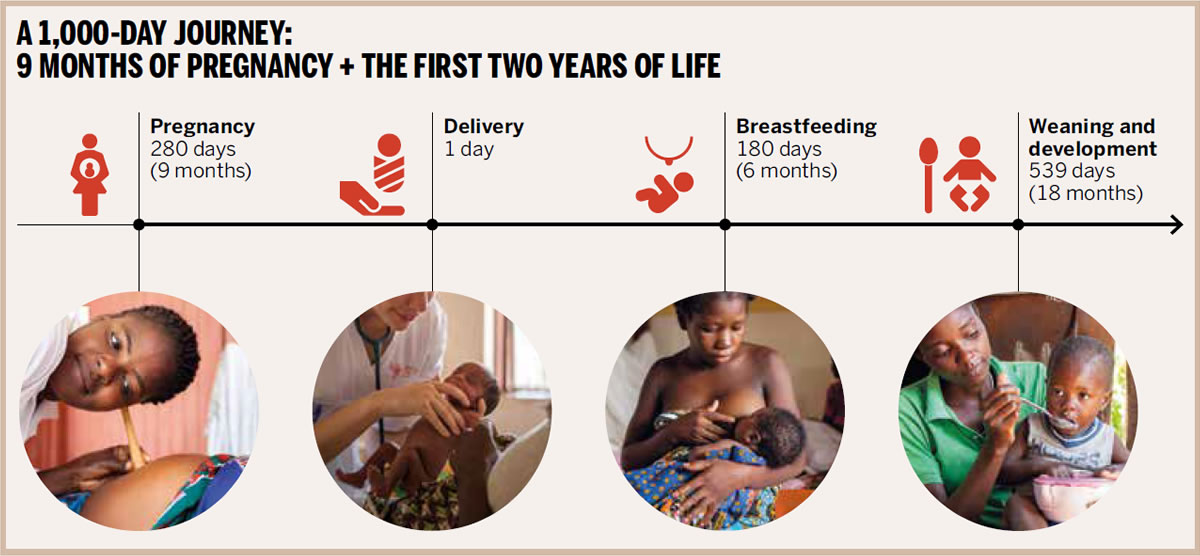
9 LOCAL TRAINING SCHOOLS
- St. Luke Catholic Hospital and College of Nursing and Midwifery, Wolisso, Ethiopia;
- Tutoring of Ethiopian medical residents from the Specialty School in Orthopedics at St. Paul’s Hospital Millennium Medical College in Addis Ababa, Ethiopia.
- Tutoring of medical students and pediatrics residents at the Beira Central Hospital in Mozambique;
- Tutoring of University of Sierra Leone obstetrics and gynecology residents at PCMH;
- Vocational training school at Rumbek Hospital in South Sudan;
- Midwifery training school at Lui Hospital in South Sudan;
- Tutoring of University of Bangui pediatrics residents, Central African Republic;
- Tutoring of residents in obstetrics and gynecology, pediatrics and internal medicine at the University of Dodoma, Tanzania;
- Training school for nurses and midwives at St. Kizito Hospital in Matany, Uganda.
A BRIDGE
BETWEEN
ITALY AND
AFRICA
In collaboration with the Conference of Italian University Rectors and the medical specialty schools of several universities, Italian medical residents are sent to Angola’s Chiulo Hospital, Ethiopia’s Wolisso Hospital, Mozambique’s Beira Central Hospital, Sierra Leone’s Princess Christian Maternity Hospital (Freetown) and Pujehun Hospital, Tanzania’s Tosamaganga Hospital, the Central African Republic’s Pediatric Hospital Complex (Bangui), and Uganda’s Aber Hospital.
Training lasts an average of 6 months and involves supervision by qualified mentors; residents then develop operational research topics as the focus of specialty theses or articles published in international journals, closing the circle from managerial and clinical practice to results evaluation to the elaboration of best clinical and organizational practices.
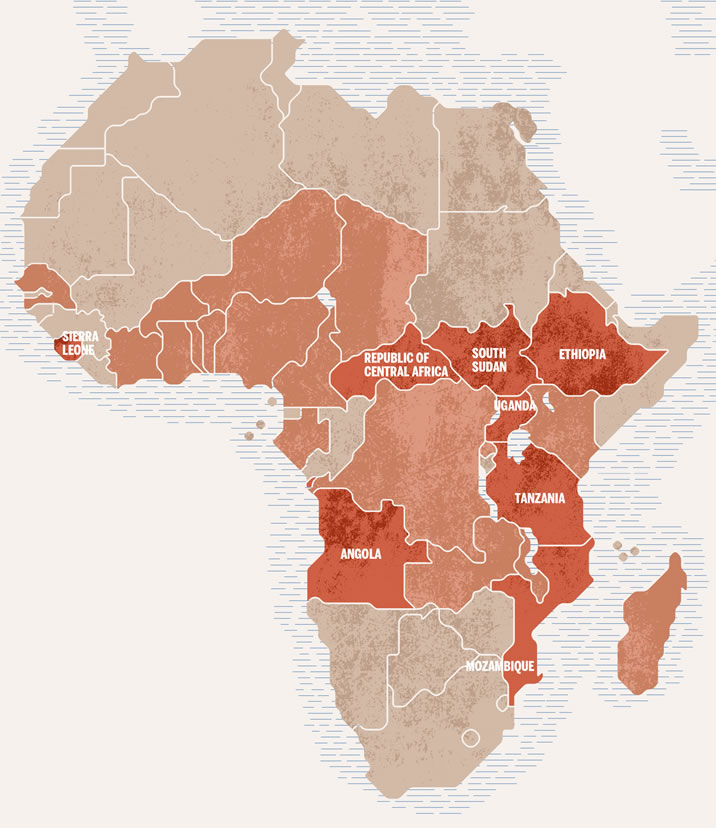
DOCTORS WITH AFRICA
CUAMM
CUAMM
Founded in 1950, Doctors with Africa CUAMM was the first non-governmental organization focused on healthcare to be recognized by the Italian government. It is now Italy’s leading such organization working to promote and protect the health of vulnerable communities in Africa. Even as it responds to emergency situations, CUAMM’s approach remains one of long-term development, to ensure access to quality health services for all, especially the most needy.
Doctors with Africa CUAMM is active in 8 sub-Saharan African countries – Angola, Ethiopia, Mozambique, the Central African Republic, Sierra Leone, South Sudan, Tanzania, and Uganda – thanks to the dedication of some 4,500 health workers, both African and European, who share this vision. Our organization supports 23 hospitals and 80 districts with public health programs focused on maternal and child health, the fight against AIDS, tuberculosis, and chronic diseases, and hospital
management. We invest in young people from both Africa and Italy, training doctors, nurses, midwives and community workers, and work to improve connections between the different levels of the health system to enable even individuals from the smallest, most remote villages to safely reach a health center or hospital.
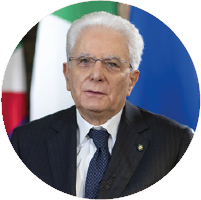 “Through your work in Africa you have not only helped to improve the living conditions and development of that continent’s peoples; you have also trained generations of doctors and citizens who, in their daily activities in Italy or abroad, carry with them a unique wealth of humanity, solidarity and expertise learned directly in the field.”
“Through your work in Africa you have not only helped to improve the living conditions and development of that continent’s peoples; you have also trained generations of doctors and citizens who, in their daily activities in Italy or abroad, carry with them a unique wealth of humanity, solidarity and expertise learned directly in the field.”
5 November 2016, Sergio Mattarella, President of the Italian Republic
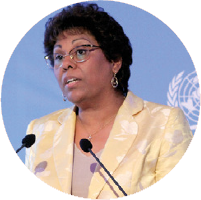 «Doctors with Africa CUAMM has been active in Mozambique since 1978, just three years after we gained our independence, and works side by side with our government, supporting us in the implementation of our strategies. Once again, I would like to thank you on behalf of the Mozambican people and myself.».
«Doctors with Africa CUAMM has been active in Mozambique since 1978, just three years after we gained our independence, and works side by side with our government, supporting us in the implementation of our strategies. Once again, I would like to thank you on behalf of the Mozambican people and myself.».
9 November 2019, Nazira Karimo Vali Abdula, Minister of Health of Mozambique
BUONE CAUSE PER FARE UNA DONAZIONE
Il tuo contributo è importante per aiutarci a portare in Africa interventi sanitari concreti e cure qualificate per mamme e bambini. Scopri le buone cause per fare una donazione!

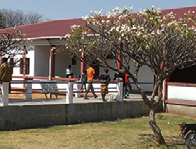 Chiulo Hospital
Chiulo Hospital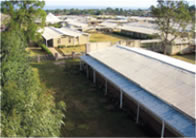 Wolisso and
Wolisso and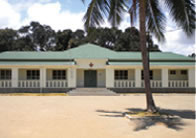 Montepuez and Beira
Montepuez and Beira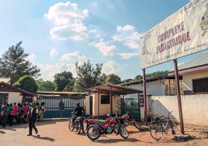 Bangui Children’s
Bangui Children’s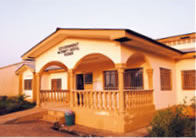 Pujehun and Freetown
Pujehun and Freetown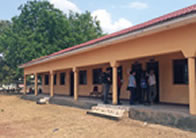 Rumbek, Yirol
Rumbek, Yirol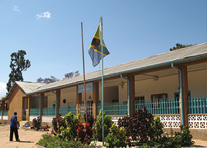 Tosamaganga
Tosamaganga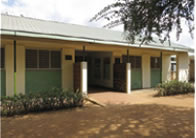 Matany and Aber
Matany and Aber